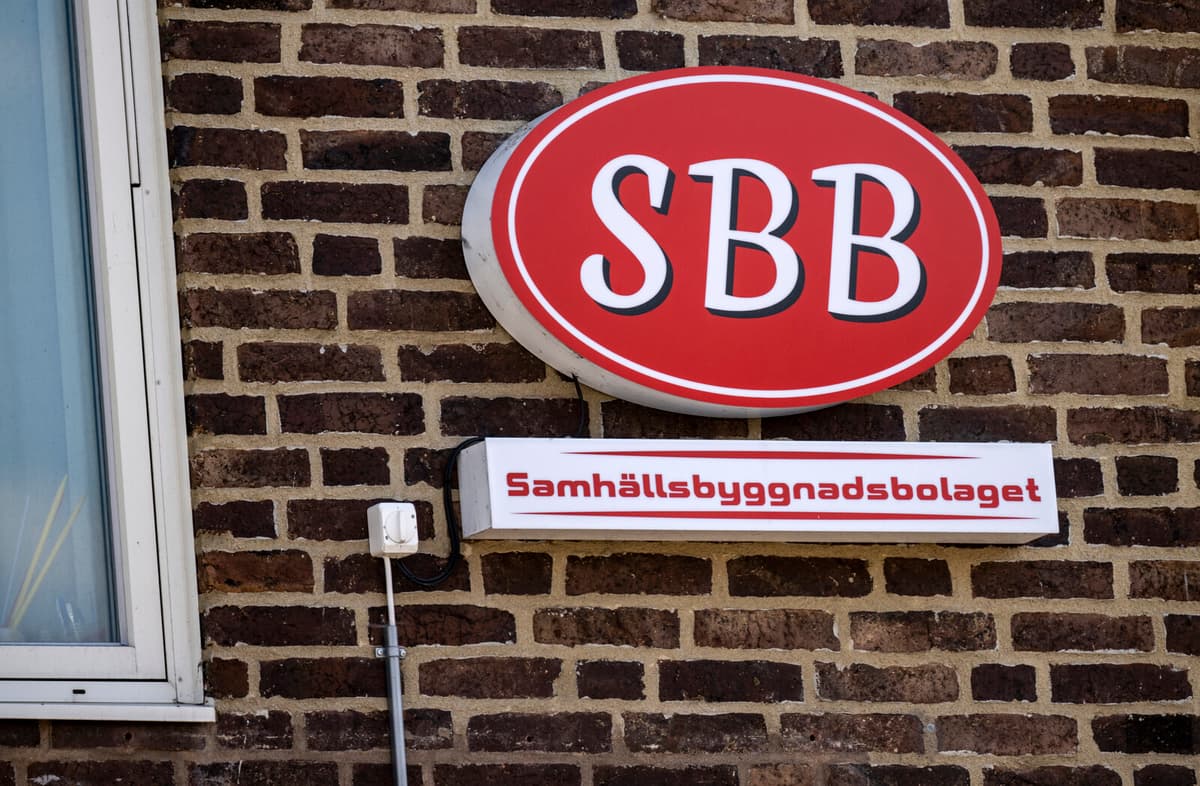"The housing segment is expected to have a fine development going forward since the rent development in recent years has not kept up with the general price increases, and is expected to catch up on this during the coming years", says Leiv Synnes in a comment in the interim report.
"The wind has clearly turned"
Rent increases are part of the market shift Synnes sees ahead.
"The wind has clearly turned in the capital market", he says.
He points to lower credit margins for real estate companies, which can boost demand and push up property valuations. Lower market interest rates simultaneously give higher valuations and cheaper financing.
The SBB share, which has lost a fifth of its value this year, initially fell by 2 percent but turned up to a weak plus after a while.
For the third quarter of the year, SBB reports a loss before tax of 1.9 billion kronor – a series of quarterly losses. During the same quarter a year earlier, SBB reported a loss of 3.1 billion.
Rental income fell to 2.9 billion kronor, which can be compared to 3.5 billion kronor during the same period the previous year. The report also shows that the financially strained real estate company's debt ratio is increasing while the so-called operating net is decreasing.
Dispute over valuations
However, if one looks only at comparable property portfolios – after divestments – SBB reports increased revenue and a higher operating net.
SBB has been involved in a legal dispute with a hedge fund in a British court over how properties should be valued. A verdict is expected in March, according to Synnes.
Valuations of properties and acquisitions are also in focus in an ongoing review of SBB's annual report for 2021 being conducted by the Financial Supervisory Authority (FI).






